The sheer enormity and horror of the massacre last Friday kept growing by the hour. It was hard to get your head around. It still is. Fifty people (at the time of writing this), dead. Fifty families shattered. A community reeling and our society reflecting on how this could have happened in New Zealand. At the same time acts of generosity, love and support poured out.
What I have found particularly extraordinary was a story that was published in the UK Daily Mail, ‘Farid Ahmed, a man with paraplegia, who wheeled himself out the Al Noor mosque after Brenton Tarrant, allegedly stormed the building on Friday and began shooting at anyone who came in his path, said he could simply not hate him. ‘
His wife, Husna Ahmed, had just ushered worshippers outside and had returned back to re-enter the lobby looking for her husband, when she was shot in the back and died instantly. Mr Ahmed had already left the lobby and was hiding behind a car in the carpark.
The feat of Mr Ahmed saving himself in a wheelchair is dwarfed by the feat of him forgiving the alleged killer. When asked by the New Zealand Herald, ‘How do you feel about the person who killed your wife?’ He is reported to have replied, ‘I love that person because he is a human, a brother of mine’. Such uncompromising forgiveness, I find hard to fathom. The Islam faith, a religion that the Western world has often characterised as having extreme and harsh beliefs, is demonstrating forgiveness, loving and understanding in circumstances that are unthinkable.
I, like most of us, had never contemplated a mass shooting of this scale in New Zealand until last Friday. I naively thought that our gun laws were relatively strict in New Zealand. But then I remembered Heather du Plessis-Allan. She was persecuted by both police and gun lobbyists, when she bought a gun online and reported it on TV in 2016. I was also naïve about the presence of extremists in New Zealand. I knew there was the odd enclave of white supremacists, but like most people I wrote them off as wackos, not capable of going to the extreme of killing and not en masse. There was however the odd alarm bell, when I look back. Pete Breidahl posted a video on Facebook about his visit to the Bruce Rifle Club, South of Dunedin, a few years ago. The fact that members talked about ‘zombie apocalypses’, made him so concerned at their ‘homicidal fantasies’, that he went and raised his concerns with a police arms officer. It seems his alarm was sadly disregarded or not possibly not sufficient to be acted upon.
In reality, no one can predict a terrorist attack, and that’s why they are so terrifying. We do know, however, that we are capable as a country of responding with love and support. We now have an even greater and more urgent desire to better embrace diversity and inclusiveness, as we try and come to terms with this atrocity.
A different Light – 23 March 2019
Jonny Wilkinson is the CEO of Tiaho Trust – Disability – A Matter of Perception. A Whangarei based disability advocacy organisation.
